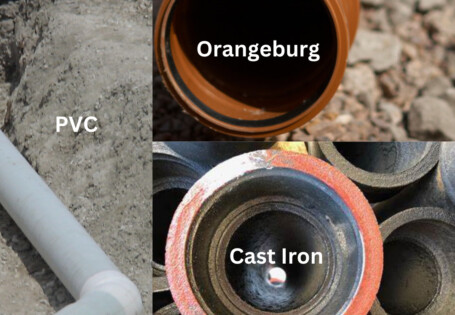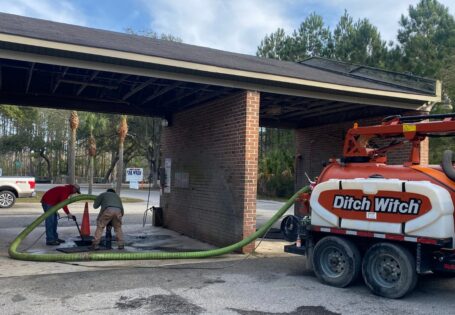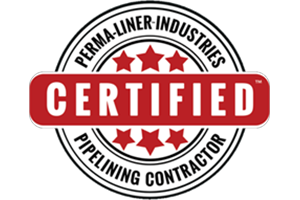
You can trust the team at RooterNow with your winter plumbing tips. During the coldest months of winter, it’s important to keep your home warm and cozy, but it’s also important to keep your plumbing and heating system in good shape as well. Taking precautions and following these easy winter plumbing tips can help keep your heating and plumbing run more effectively and efficiently, potentially saving you on costly repairs down the road.
- Keep water running at a trickle in areas where the pipes are in or near an outside wall
- Open cabinet doors where pipes may be to allow heat from your home to get to the piping
- Make sure furnace filters are clean to maximize the efficiency of the system
- Turn up the heat a few degrees to get ahead of the drafts. Also place towels or blankets under outside doors to keep the drafts out.
- Make sure sump pump lines are not connected to flexible hoses that can freeze
- Clear snow drifts so they are not covering outside wall venting from high efficiency water heaters or furnaces
- Keep garage doors closed as much as possible, even while shoveling your driveway. There may be pipes above or in walls connected to the garage that can freeze and burst. You can also put a space heater in the garage.
- Check the insulation near pipes in the attic, basement, and crawl spaces in your house
- Close the vent from the fireplace when not in use
- Locate the main water shut off in case of a pipe burst
Winter Plumbing Tips to Prevent Frozen Pipes
One of the most expensive plumbing repairs and issues that face homeowners in the cold winter months are frozen pipes. Learning how to prevent frozen pipes is the best way to avoid this costly expense. When water freezes inside of a pipe, the pipe will expand and crack. When the water expands into ice it can also cause an increase in water pressure, creating excessive pressure throughout your entire plumbing system. The result is pipe failure, particularly in the most vulnerable places of your home.
The most vulnerable places include crawl spaces, attics, garages and outside walls that have the highest potential of becoming frozen. You can prevent frozen pipes by performing a few common sense maintenance tasks around your home and by learning how and why pipes can ultimately freeze in the winter months.
The tips in this section are more specific to plumbing repair issues in the late fall, winter and early spring months when sudden freezing temperatures can occur. Some of the preventative maintenance tips can be done in the warmer months in advance of the winter season to help avoid costly repairs.
- Make sure the area around your vulnerable pipes is well-insulated
- Underground pipes should be buried lower in the ground, below the frost line
- Wrap pipes with insulation sleeves
- Avoid installing new plumbing in garages or attics when possible
- Letting a faucet drop can prevent a pipe from bursting in extreme cold weather
What To Do If You Suspect You Have Frozen Pipes
Understanding the symptoms of frozen pipes, which includes a slower or stopped water flow in any room of your home, can help you to get emergency plumbing repair services before your pipes burst. If you catch it quick enough you can take care of the problem before any damage actually occurs.
- Homeowners should call plumbing repair services ASAP if they suspect frozen pipes
- Immediately turn off the water main to prevent flooding from burst pipes
- After cracked or broken pipes are repaired, insulate them properly to prevent frozen pipes in the future
Winter Plumbing Tips for the Kitchen
The increase in baking, cooking and large holiday meals can really make a big impact on the effectiveness and efficiency of your household plumbing system.
- Run cold water in the sink for about 15 seconds prior to running the garbage disposal to make sure excess waste gets down into the main line
- Do not put hard or fibrous waste into the garbage disposal, such as pumpkin pulp, banana peels, celery, carrots or turkey skin
- Avoid cooking oils or fats getting into the drain – wipe congealed grease from pots and pans before rinsing or washing dishes
- Make sure that the garbage disposal is already running before you add food to the sink – don’t fill it up and then switch it on
Hot Water Heater Winter Maintenance
In the winter months, your hot water heater can be working overtime to keep up with all the showers in your home. Try to spread out the showers throughout the day and wait at least 10 minutes between each shower to allow time for the hot water heater to keep up. You can also turn the water heater up slightly during the daytime to retain hot water, just make sure you never raise it higher than 125-degrees to prevent scalding or burns.







